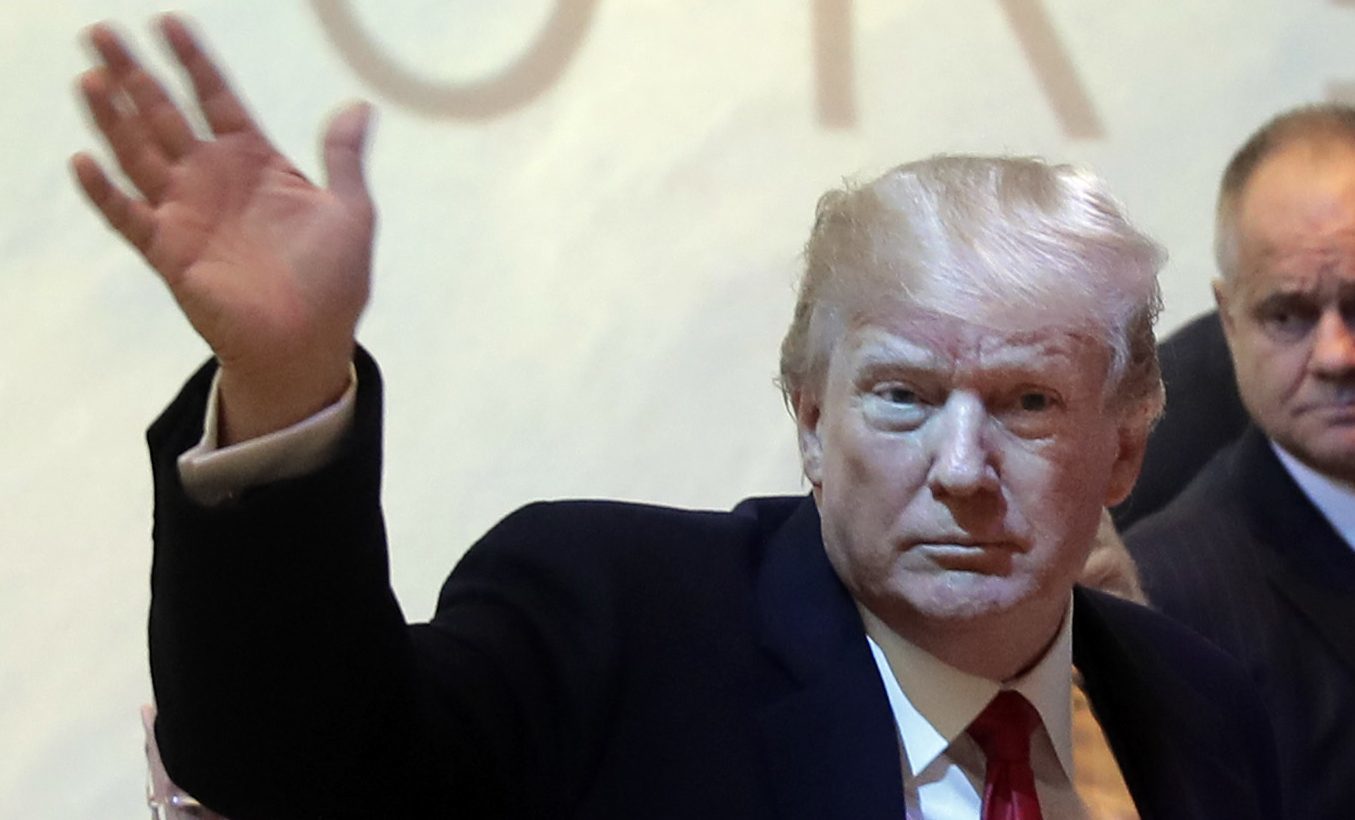
DONALD TRUMP has spoken of his regret at not being able to visit Scotland as often as he could before being elected as US President.
He described the country – where his family owns two golf resorts – as a “very special place” during an interview with Piers Morgan for ITV.
His remarks came as Downing Street announced Mr Trump would be making his first trip to the UK as president later this year, despite the risk of mass protests.
He said: “The real me is somebody that loves Britain, loves the UK. I love Scotland.
“One of the biggest problems I have in winning (the presidency), I won’t be able to get back there so often. I would love to go there.
“As you know, before this happened, I would be there a lot. Very special people and a very special place.”
Mr Trump recently cancelled a visit to the UK to open the new US embassy in London, however it is now anticipated he will come to Britain in the second half of 2018.
There is speculation his appearance, which is expected to be a working visit rather than a full state occasion, could also involve a trip north of the border.
Mr Trump last travelled to the UK in June 2016 during the presidential campaign with stops at his Ayrshire and Aberdeenshire golf courses.
He was a frequent visitor to Scotland during the development of his luxury golf resort on the Menie Estate, and has often spoken of his Scottish roots.
His mother, Mary MacLeod Trump, was born on the Isle of Lewis before emigrating in the 1930s to the US, where she died in August 2000 at the age of 88.
Relations with the Scottish Government soured following a row over a wind farm development off the coast of his Aberdeenshire resort, while First Minister Nicola Sturgeon has been an outspoken critic of Mr Trump’s candidacy and presidency.
Ms Sturgeon previously described the prospect of a state visit by Mr Trump as “unthinkable”.

Enjoy the convenience of having The Sunday Post delivered as a digital ePaper straight to your smartphone, tablet or computer.
Subscribe for only £5.49 a month and enjoy all the benefits of the printed paper as a digital replica.
Subscribe